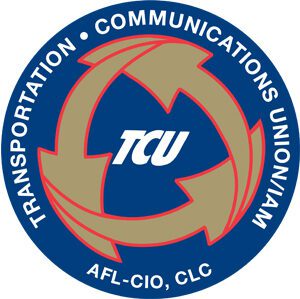Amtrak President Determined to Obtain Funding For Back Pay
Amtrak President Joe Boardman sent a letter to the President of the Senate Joe Biden (D-DE) and the Speaker of the House Nancy Pelosi (D-CA) to ask congress to provide enough funding for Amtrak to pay its contractual obligations in 2009. The back pay, recommendations of the presidential emergency board, agreements Amtrak made in 2008

